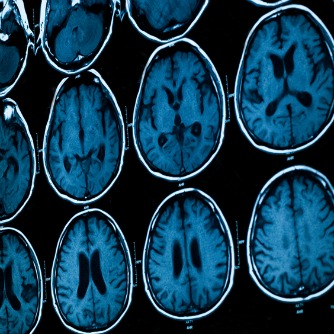Dried Plums Deter Colon Cancer
Research suggests that eating dried plums can positively affect the gut microbiota – the bacteria that live in the gut – and possibly reduce the risk of colon cancer. Dr Nancy Turner, Texas A&M AgriLife Research professor in the nutrition and food science department of Texas A&M University, and colleagues investigated the potential cancer-protective properties […]
Dried Plums Deter Colon Cancer Read More »









